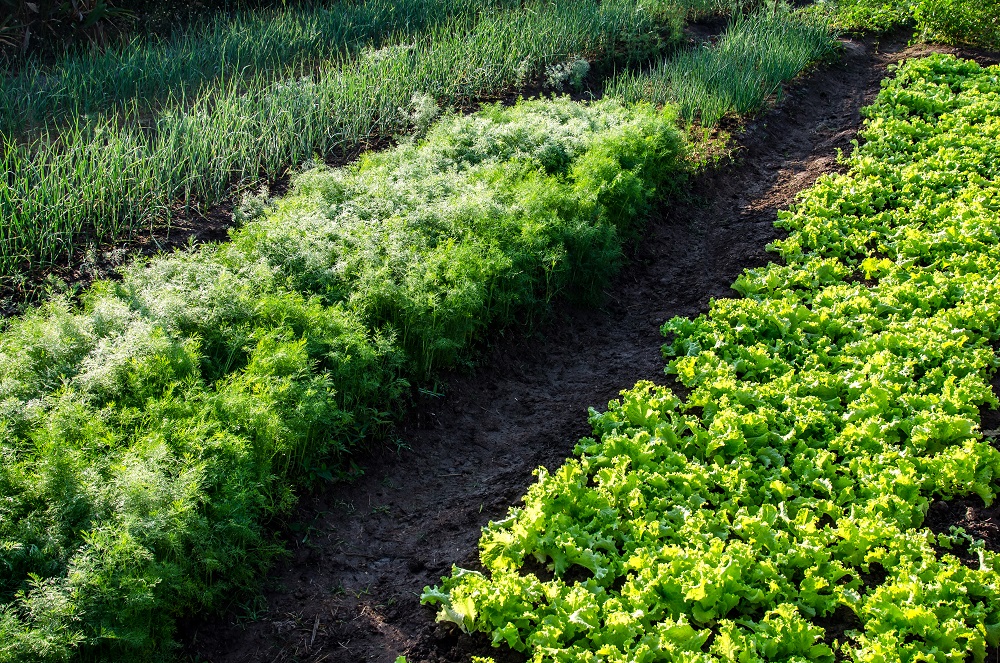The climate crisis and COVID-19 pandemic have highlighted the instability of our dominant, industrialized food system. This has led to more Manitobans taking interest in consuming more local, sustainably grown food. However, the added cost often associated with purchasing local food makes doing so feel out of reach for many, especially amid the current affordability crisis.
While structural change is ultimately needed to address the root of these crises, farmers and eaters have come together to develop creative solutions to improve access to local food while ensuring a fair exchange for farmers, including here in Manitoba. One effective approach is the buying club model.
Over the last several decades, buying clubs have emerged as a way to increase local food access and reduce the workload for small farmers. The way this model works is a group combines their purchasing power and volunteer labour to buy food in bulk, often at wholesale prices. By members taking on the responsibility of managing communications and packing orders, buying clubs also help alleviate some of the burdens of marketing and distribution that farmers would otherwise have to bear. Furthermore, these groups often help foster a sense of community between members and a deeper connection with their food system through forming direct relationships with farmers.
Buying clubs come in many shapes and sizes and should be adapted to meet the specific needs of the communities they serve. Some groups are small and grassroots, with members dividing responsibilities evenly and keeping their operating costs minimal. For example, it could be as simple as a group coming together to split the cost and cuts of a whole animal. Others are coordinated by a community-based organization and secure additional funding to make the food as affordable as possible for their members. Buying clubs have also often been necessary precursors to the establishment of local food co-ops, such as Winnipeg’s much beloved Organic Planet Worker Co-op. Harvest Moon Local Food Initiative, a long standing farmer-led buying club with a network of purchasing groups across Winnipeg and Portage La Prairie, also deserves recognition. While the group is no longer active, their legacy and impact lives on.
Despite their positive potential, starting a buying club from scratch can feel daunting. In an effort to make local food more accessible throughout Manitoba, the Climate Action Team worked with local food advocate, Asha Nelson to create a toolkit to make the process of launching a buying club easier. This resource draws heavily from interviews with the Good Food Club, a local buying club in Winnipeg’s West Broadway neighbourhood, to give readers a tangible example.


It is important to note that while the steps in the toolkit may require some upfront work, the work becomes much more streamlined with time. Also, what’s outlined in the toolkit is not prescriptive or linear. There is no-one-size-fits-all model– embracing the diversity of your membership is crucial. Building strong relationships is also critical to the success of any buying club, which is a process that can’t be fully captured in a toolkit. Nonetheless, we hope this resource serves as a valuable starting point and helps grow the network of buying clubs taking direct action to advance a more just and sustainable food system in our province.
Now let’s get organizing!
